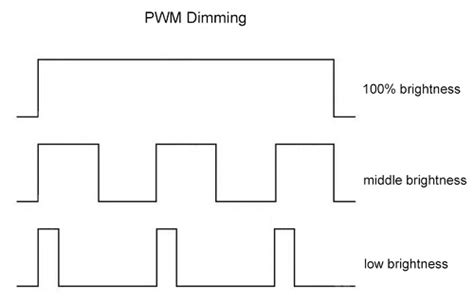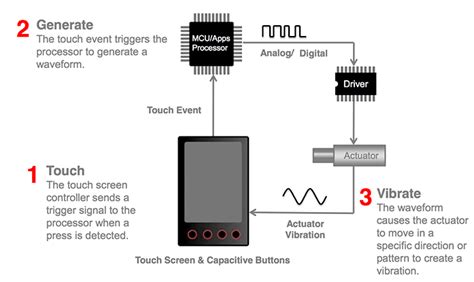In the ever-evolving world of technology, memory is a crucial component that can significantly impact the performance of a device. The debate over soldered RAM, specifically LPDDR5X with a 7500MHz speed, versus socketed performance gaps has been a hot topic among tech enthusiasts and professionals alike. This article aims to delve into the intricacies of both options and shed light on the performance gaps that might arise.
1. LPDDR5X 7500MHz: The Future of Memory

LPDDR5X, or Low Power Double Data Rate 5X, is the latest iteration of LPDDR technology. This cutting-edge memory type boasts a high-speed data transfer rate of 7500MHz, making it an ideal choice for next-generation smartphones and other portable devices. The high speed ensures faster data processing, lower power consumption, and improved overall performance.
Advantages of LPDDR5X 7500MHz:
– Enhanced performance: The high-speed data transfer rate allows for quicker access to data, resulting in improved system responsiveness.
– Reduced power consumption: The lower power requirements of LPDDR5X contribute to longer battery life.
– Smaller form factor: The compact design of LPDDR5X makes it suitable for devices with limited space.
2. Soldered RAM: The New Normal?
In recent years, manufacturers have increasingly adopted soldered RAM in their devices. This decision is primarily driven by the need for smaller, more compact devices with longer battery life. Soldered RAM is directly bonded to the motherboard, eliminating the need for removable memory modules.
Advantages of Soldered RAM:
– Smaller form factor: Soldered RAM allows for thinner and lighter devices.
– Improved battery life: The absence of removable memory modules reduces power consumption.
– Enhanced durability: The lack of moving parts minimizes the risk of damage from physical stress.
3. Socketed Performance Gaps: The Downside of Soldered RAM
While soldered RAM offers numerous advantages, it also comes with potential performance gaps compared to socketed RAM.
Disadvantages of Soldered RAM:
– Limited upgradeability: Soldered RAM makes it difficult, if not impossible, to upgrade the memory in a device.
– Potential performance limitations: In some cases, soldered RAM may not offer the same performance as socketed RAM, particularly in high-end gaming or professional applications.
4. LPDDR5X 7500MHz vs Socketed Performance Gaps: The Verdict
When comparing LPDDR5X 7500MHz soldered RAM to socketed performance, the outcome largely depends on the specific use case and device requirements.
For most consumers, the benefits of soldered LPDDR5X 7500MHz, such as improved battery life and a smaller form factor, outweigh the potential performance gaps. However, for power users and professionals who demand the highest performance and upgradeability, socketed RAM may still be the better choice.
In conclusion, the debate between soldered LPDDR5X 7500MHz and socketed performance gaps is a complex one. While soldered RAM offers numerous advantages, it is essential to consider the specific needs of the user and the device in question before making a decision.



